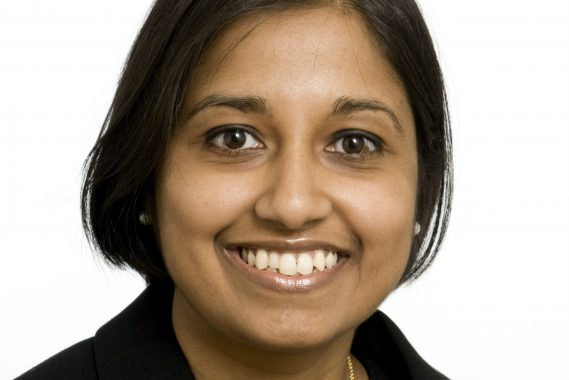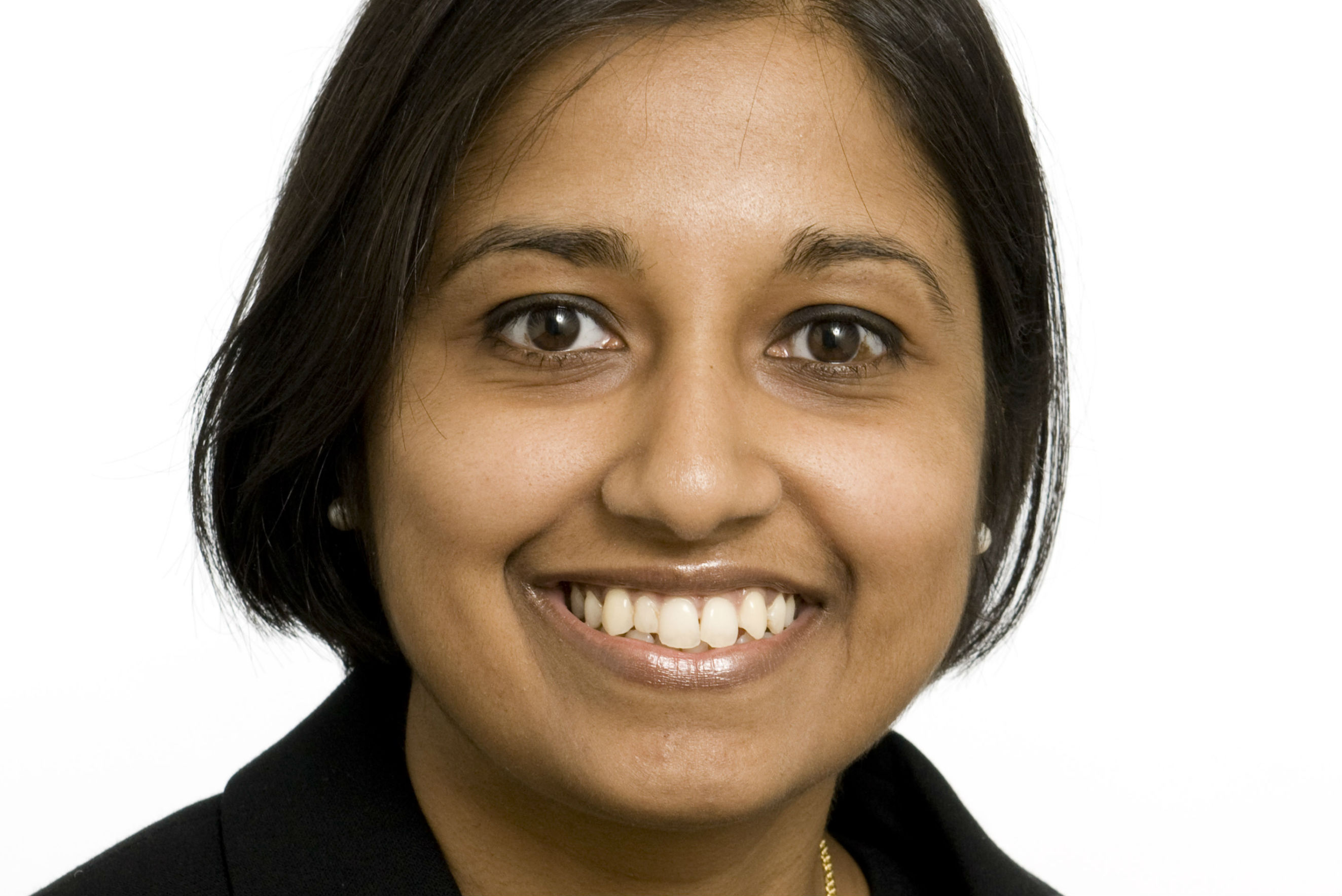‘Having an e-portfolio used against you in court would be exceptional’


The judgement from the high court to erase Dr Bawa-Garba from the medical register is disappointing and its implications will understandably be of great concern to the healthcare community.
One particular area of concern for GPs and indeed all doctors is the idea that reflections from Dr Bawa-Garba’s e-portfolio were used against her in the criminal trial in 2015. This was suggested in a past news report, and has gained traction on social media since the high court judgement was handed down. It has naturally created much anxiety across the profession at a time when emotions are already running high – and as is generally case with social media, it gathered momentum quickly.
It is important to clarify, that at no point during Dr Bawa-Garba’s criminal trial was an e-portfolio presented to the court or jury as evidence – either in its entirety or partially. In fact, the court was clear that reflections were irrelevant to the facts of the case and that no weight should be given to any remarks documented after the event.
A GP’s e-portfolio is a vital part of their professional development. It is used for training, learning and reflection. It allows them to openly and honestly record reflections on incidents that occur and obtain guidance from their senior colleagues. It is a crucial tool in bringing about a shift to a truly open, learning culture where lessons are learnt and improvements are continually made – enhancing patient safety.
An e-portfolio allows doctors to openly and honestly record reflections on incidents that occur and obtain guidance from their senior colleagues
It would be extremely rare for a doctor to provide the contents of their e-portfolio for anything other than educational purposes, and having the contents of an e-portfolio used against a GP in a legal case would be exceptional.
In the unlikely event that a doctor is approached to provide the contents of their e-portfolio as part of an investigation or case, before releasing any information they should seek clarification from their medical defence organisation as to whether they should comply with such a request or not, and if so, the amount of detail they are obliged to pass on.
While all doctors have a professional and legal obligation to report patient safety incidents, such matters should be recorded without identifiable patient information within the annual appraisal or e-portfolio.
The Academy of Medical Royal Colleges advises doctors to ‘anonymise patients as far as possible in their self-reflective logs’ and says that the portfolio ‘is an educational and not a medical tool and therefore there is no reason to include patient identifiable or personal data relating to a third party’.1
If patient safety incidents or reflections are not disclosed during the appraisal and the doctor has made a declaration of truth, they would actually be at greater risk of an allegation of probity and referral to the GMC. This risk would far outweigh the extremely low risk of such information being used against you in litigation. The weight given to such information in legal cases is likely to be minimal in the face of witnesses and expert evidence, if considered as valid evidence at all – as was the case in Dr Bawa-Garba’s trial.
If the GMC was undertaking an investigation into a doctor’s fitness to practise, they would not ask for a doctor’s reflective statements, but a doctor can choose to provide them if they demonstrate that they have shown insight. The GMC will be soon be publishing more detailed guidance on reflection.
Openness and transparency is key and this is expected of all medical practitioners by the GMC. We would urge all doctors to continue using e-portfolios. Not only because not disclosing an incident or reflection during appraisal may lead to a greater risk – but because it is a practice that fosters life-long learning for doctors on their own career needs and the needs of their patients.
Dr Pallavi Bradshaw is a senior medicolegal adviser at the Medical Protection Society
References
1. Academy of Medical Royal Colleges: Guidance for entering iInformation onto E-portfolios
Pulse July survey
Take our July 2025 survey to potentially win £1.000 worth of tokens

Visit Pulse Reference for details on 140 symptoms, including easily searchable symptoms and categories, offering you a free platform to check symptoms and receive potential diagnoses during consultations.











